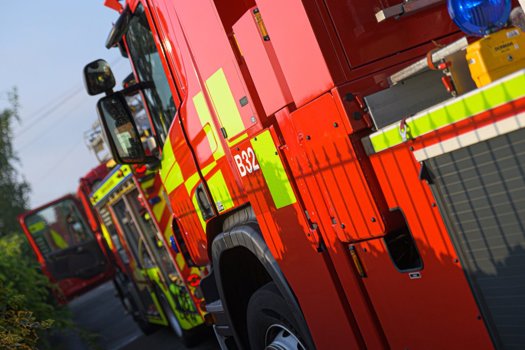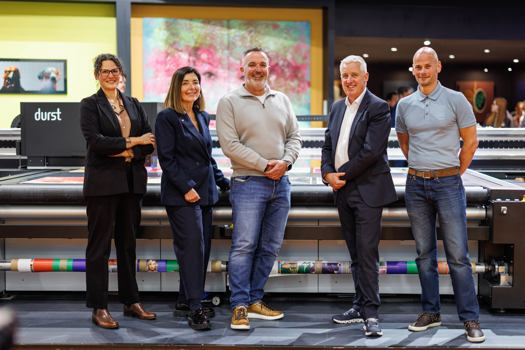The latest EVR looks at how the paper-based industries in the UK fared during 2020, faced with the ongoing effects of Brexit and the challenge of a global pandemic. It highlights the industry’s essential status and key role in delivering a huge range of products including hygiene, medical, packaging and PPE to help keep society running.
“It is now abundantly clear just how important the products this industry produces are to the proper functioning of society,” said CPI director general Andrew Large.
“From something as simple as toilet paper to the special medical kits needed this last 18 months and also the corrugated that is needed for sustainable packaging for all the home deliveries that we are now getting.”
He added: “We always knew this but it has been interesting to see it demonstrated so amply by circumstances. We recognised early on that we needed to be an essential industry and be able to keep working. A lot of effort was put in early on during the pandemic to ensure the industry could keep working safely and keep key products going into the supply chain.”
The paper-based industries in the UK have an annual turnover of more than £12bn and invest more than £1.2bn a year in the UK economy, providing 56,000 direct and 93,000 indirect jobs mostly outside London and the South East, from 1,400 businesses. The report highlights the importance of continuing to invest in these jobs to support UK local economies as it recovers from the last two years and moves forward.
According to the report, in 2020 the UK produced 3.6 million tonnes (2019: 3.9 million) of paper and board, 23rd in the list of global producers, while UK consumption amounted to 9.9 million tonnes and is in the top six of European per capita consumption at 156.6kgs per year.
A key area explored in the report is the critical issue of decarbonisation and that while the industry has reduced emissions by 72% by 1990, there is still a long way to go in a short space of time to reach net zero emissions by 2050.
Large said there needed to be collaboration between public and private organisations to find ways to stimulate growth and to find a reliable and competitive source of energy for the industry.
“We’ve made a huge effort on energy efficiency and reducing CO2 emissions since 1990, which is an incredibly strong performance but we’re only 72% of [the way] there and need to focus on what we need to do to reach our target,” he explained.
“It’s hugely urgent in the long-term for the planet but also in the short-term where extremely high energy prices are impacting competitiveness of UK manufacturing including paper industries. So the more we can do to broaden the supply of carbon neutral sources, the less we become vulnerable to these sorts of price hikes.
“We’ve covered much of the low hanging fruit and now we are slowly chipping away at the more difficult elements of decarbonisation. We are looking with our members at electrification and hydrogen and what needs to be done to make those energy sources competitive for long-term industrial stability here in the UK.”
Large also highlighted the importance of innovation and quality of new packaging produced in the UK.
“At CPI we’ve done a lot of work on our design guidelines for the next generation of fibre-based packaging where we want to work across supply chains to influence designers to ensure they are designing for recyclability as well as working with retailers and brand owners and to make sure it can be produced on these shores.”
He added: “I want to show my gratitude to the industry for what they have achieved over the last 18-months. The industry moved mountains and I’m incredibly proud of how they have supported UK society over the most difficult period in my lifetime.”










